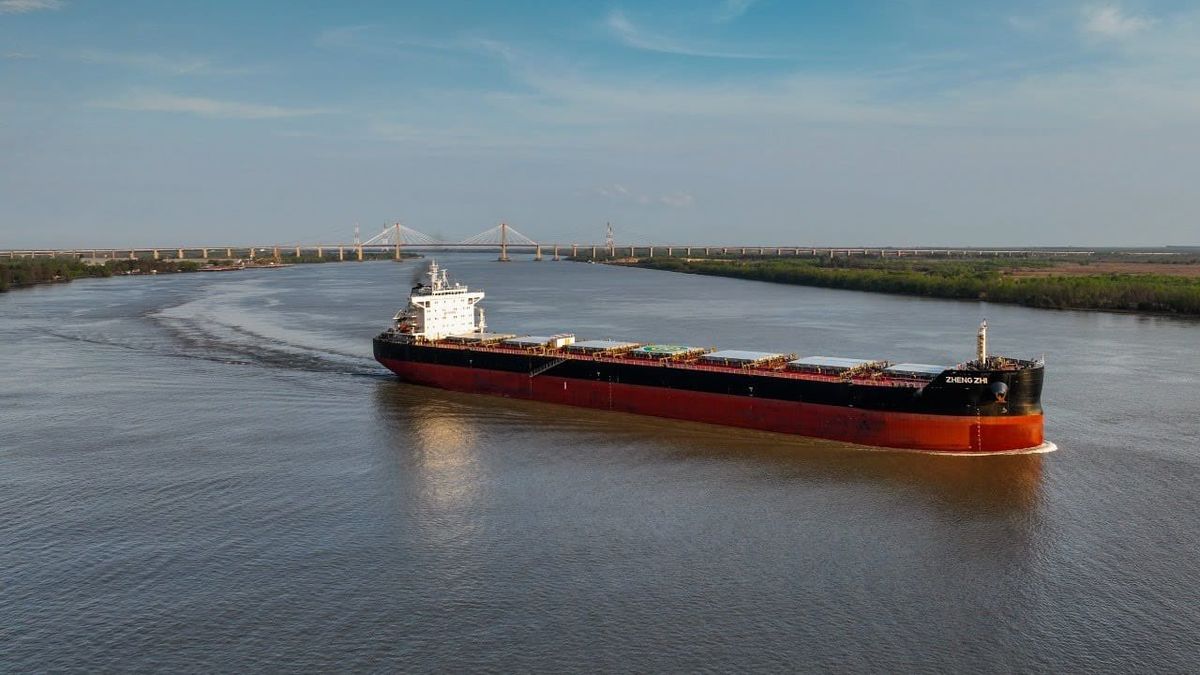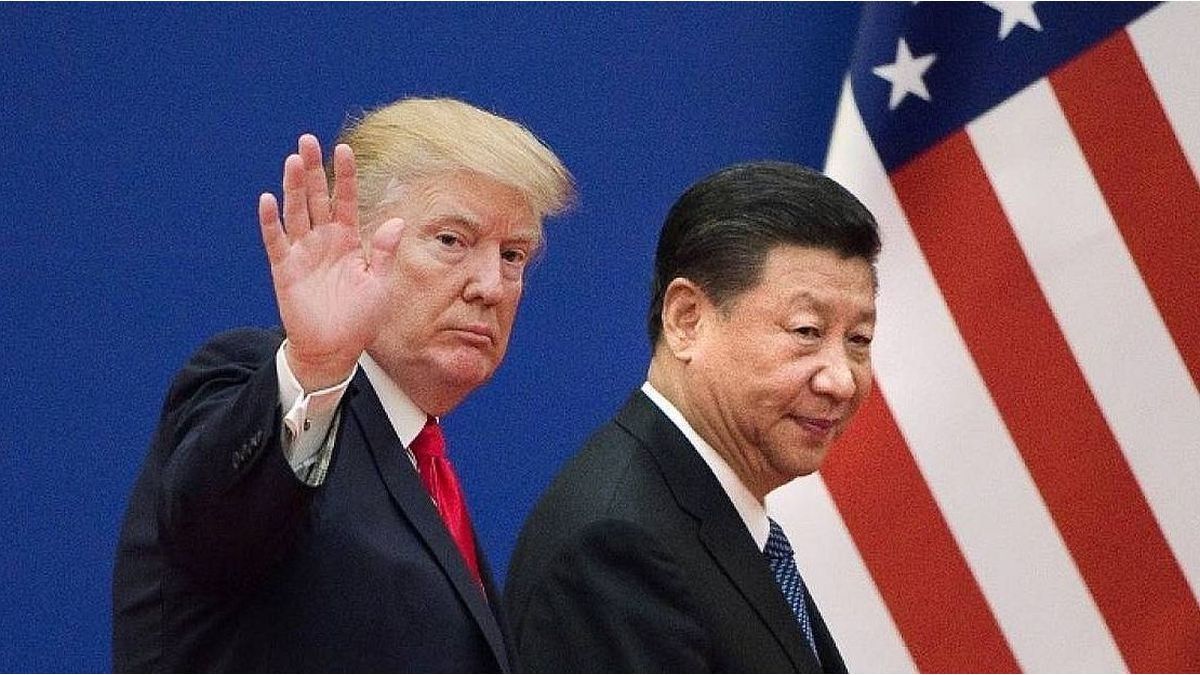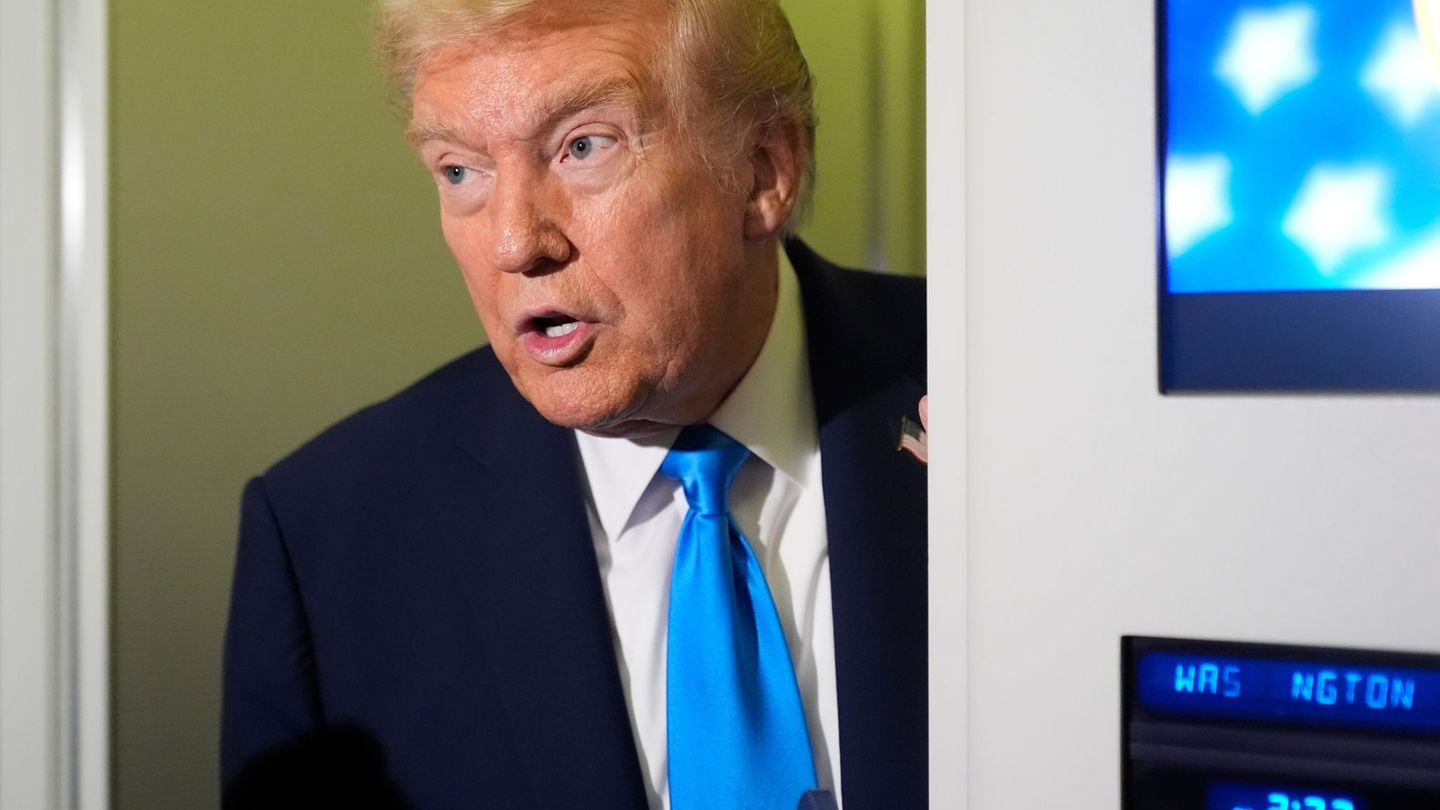The Government announced this Wednesday three changes in the bidding document for the Waterwaya key corridor for Argentine exports. As Ámbito had anticipated, the call for applications to begin privatization was opened. Now three modifications have been added to the conditions of the international tender that began last November.
The changes include the extension of the deadline to submit proposals, further deepening of navigable waterways and the development of the port area in the south of Entre Ríos.
hydrovía.webp
The time for the Waterway tender is extended.
Hidrovía: what changes did the Government add to the tender
Firstly, the extension of the deadline for submitting specifications, a point at which originally offers could be submitted until January 29, 2024. Now, the deadline has been extended until the end of February. This change responds to requests from companies interested in participating, especially in dredging works.
The second modification applied is the increase in the depth of the navigable waterways of the Hydrovía, which in the initial specifications was established at 42 feet, and will now increase to 44 feet. This will allow for more efficient and safer navigation, regardless of water fluctuations, and was requested by private operators.
Finally, the port development in Entre Ríos, after the request of the governor of Entre Ríos Rogelio Frigerioby which new navigable routes will be enabled in the southern part of the province. In addition to the Paraná de las Palmas, the Paraná Guazú, Paraná Bravo and Pasaje Talavera roads will be improved, which will go from 28 to 36 feet in a first stage. This seeks to enhance port activity in the region.
Details of the Waterway project and tender
The bidding contract will have an initial term of 30 years, extendable for another 30, which defines the management of the strategic corridor for the next six decades. With more than 4,000 ships transiting annually and 80% of national exports using it, the Waterway It is vital for the country’s economy.
As specified in the model contract, it is a tender for a period of 30 years, which “will allow broad participation by the most important companies in the world in terms of river-maritime works.” In addition, there will be strong demands that guarantee the track record and technical capacity of the companies that apply, as well as their financial solvency.
Likewise, the future concessionaire, which will put an end to the provisional nationalization of the Trunk Waterway, must comply with the works plan established in the bidding documents and the new contract, which determines the stages of priority works that must be carried out in the first five years of the concession.
Source: Ambito




